Armia Krajowa: the history of the greatest resistance movement of the World War II
The French resistance of the Second World War is world famous. Nevertheless, it was not the most numerous, a position owned by the main organization of the Polish resistance.
They began the resistance before finishing the nazi occupation of Poland
Precisely today marks the 75th anniversary of the founding of that organization: the Armia Krajowa (AK, Home Army). Of course, the Poles were not idle until 1942. After all, and unlike other countries, Poland had not signed any surrender before the nazis and their soldiers continued to fight on almost all European fronts. The first organization of the Polish resistance was the Służba Zwycięstwu Polski (Service of the Victory of Poland), created 27 of September of 1939, that is to say, days before the completion of the German occupation of the part of Poland that Hitler had Awarded in his secret pact with Stalin in August of that year.
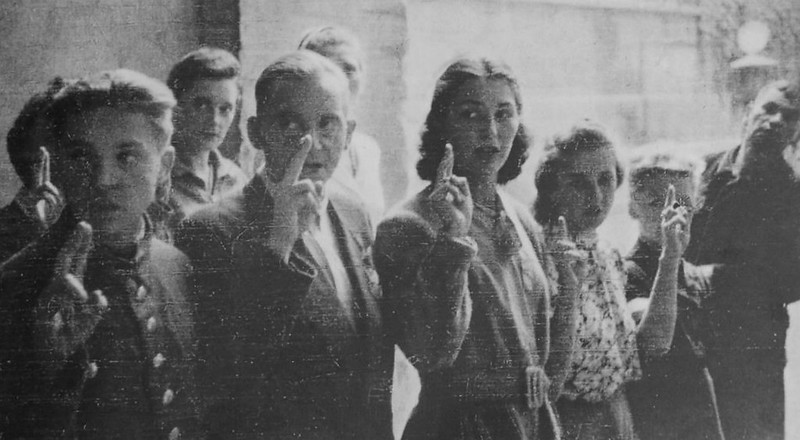
A democratic and strongly Catholic movement
This first organization was replaced on November 17, 1939 by the Związek Walki Zbrojnej (Union of Armed Struggle), which on February 14, 1942 -on today's day- became the Armia Krajowa. The AK was characterized by being an organization loyal to the Polish Government in exile, which was based in London. It fought to return freedom and democracy to Poland, and it did it by bringing together people of different political and creed tendencies, although mainly the AK was made up of Catholics. In fact, its oath said:
"Before God Almighty and Mary the Blessed Virgin, Queen of the Polish Crown, I pledge allegiance to my Fatherland, the Republic of Poland. I pledge to steadfastly guard Her honour, and to fight for Her liberation with all my strength, even to the extent of sacrificing my own life."
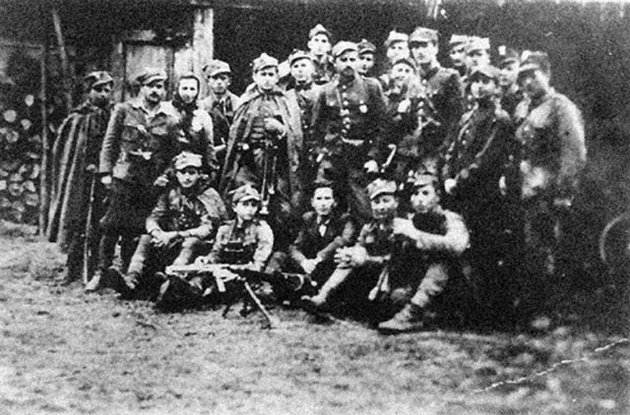
Sabotage and intelligence operations
The AK counted in its ranks with about 400,000 members (both men and women), and its actions against the nazis in Poland were counted by tens of thousands, with numerous attacks on military bases, infrastructure and personnel of the German forces. In addition, they played an important role as an intelligence service: 43% of all reports received by British intelligence from continental Europe during the war came from the Polish resistance. They not only provided reports on the situation in Poland, but also in Germany: for example, the AK provided the United Kingdom with valuable information about V-1 flying bombs and V-2 missiles used by the Germans to attack Great Britain. But no doubt one of his most audacious intelligence operations was made by the Polish officer Witold Pilecki, who let himself be captured on 19 September 1940 to be taken to the Auschwitz concentration camp, to obtain information on what the Germans were doing there. After spending 949 days in that hell, Pilecki managed to escape and wrote a detailed report that was sent to the Polish Government in exile, which communicated it to the British, with the request to carry out an aerial attack that allowed a massive jailbreak of prisoners from the camp. Nevertheless, the British considered "exaggerated" the report, discarding the operation.
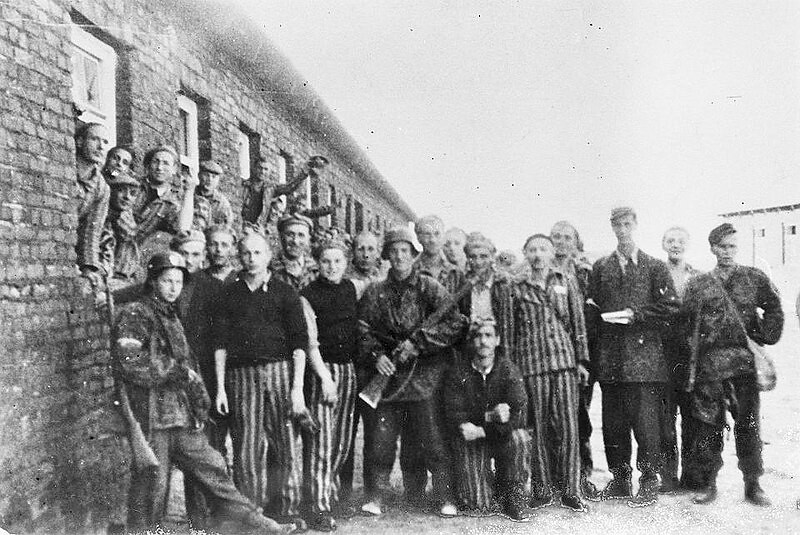
The only movement of resistance that created a group of aid to Jews
The AK was the only organization of resistance of World War II that organized a service of aid to the Jews: the Żegota. This action posed a huge risk to those involved, since Poland was the only occupied country in which the nazis punished all aid to the Jews with the immediate execution of the person involved and of all the inhabitants of his house. Despite this, 450,000 Poles hid Jews and 1.2 million Poles took part in actions to hide or rescue Jews. Thanks to the Żegota, some 25,000 Polish Jews were saved from extermination. In addition, AK provided arms and support to Jewish resistance in the Warsaw Ghetto during its uprising in the spring of 1943. AK itself had Jews in his high command, such as Marceli Handelsman, Jerzy Makowiecki and Ludwik Widerszal.
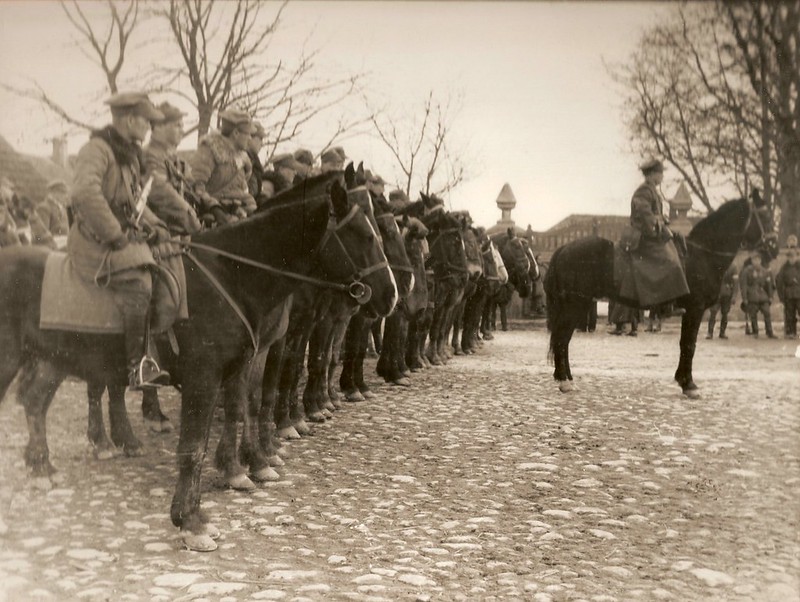
Cichociemni: AK's elite commands
Special mention also deserves the Cichociemni (a compound word that could be translated as "silent and dark"), an elite unit formed in the United Kingdom by more than three hundred Polish soldiers who had managed to reach Britain after the evacuation of Dunkirk. They were trained to do sabotage operations in Poland, where they were parachuted. Its first operation was executed on February 15, 1941, and remained active until the end of December 1944, when Poland was occupied by the Soviets. Of the 316 Cichociemni released in the country, 103 died during the war in combat, executed or in accidents, and 9 of them were executed after the war by the Communist government installed by Stalin in Poland.
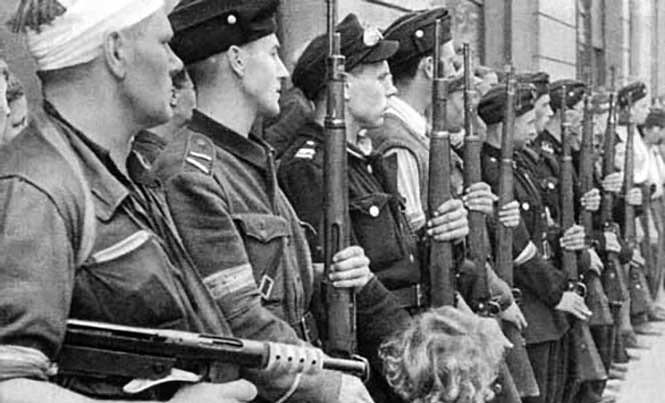
The Warsaw Uprising and Stalin's Revenge
Undoubtedly, the most important operation of the AK was the "Akcja Burza" (Operation Tempest). This organization undertook a series of armed uprisings in several Polish cities in the summer of 1944. The most important was the Warsaw Uprising, which began on August 1st and would last two months, waiting for the Soviets to cross the Vistula River. Nevertheless, Stalin decided to revenge of the Polish victory over Bolsheviks in 1920: the Soviet forces stopped their advance before the Polish capital during that time, allowing to the Germans to put down completely the rebellion, something that the nazis did with great brutality, leaving the Polish capital practically devastated.
The Soviet occupation and the betrayal of the communists to AK
The Armia Krajowa was very weak after the Warsaw Uprising. Its relations with the Soviets had not been good, especially after the discovery of the graves of the forest of Katyn, in which the NKVD buried to the thousands of Polish officers to whom Stalin ordered to assassinate after occupying Eastern Poland in 1939. Fate of the members of the AK after the Soviet occupation of Poland would be unfortunate. Already in July 1944, during Operation Ostra Brama -the liberation of the city of Vilnius, present capital of Lithuania-, the Soviets deported or executed the members of the AK that participated in the combat after to have defeated to the Germans. They would not be the last. Stalin considered that the AK was a threat to his desire to establish a communist puppet government in Poland. Some of the 60,000 AK members who had survived the war were detained by the Soviets. Many of them were tortured, and 50,000 were eventually sent to Gulags in Siberia. The Polish communist government offered an amnesty to the remaining ones, but it was a deception used to capture many of them, who ended up imprisoned or executed. Witold Pilecki, a war hero, was treated as a traitor and executed by the Communists after the war.
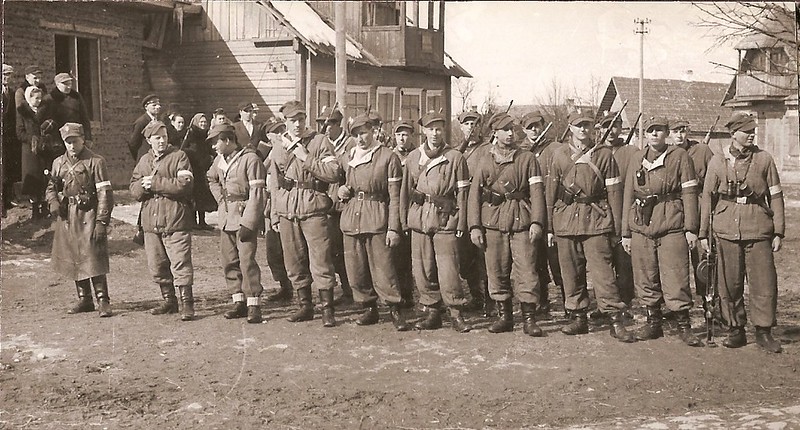
The WiN: resistance continued against communist occupation of Poland
The end of World War II meant, for the Poles, the change from one dictatorship (the nazi) to another (communist). Many former members of the AK were forced into exile or clandestinity, and a part of them participated in the Wolność i Niezawisłość (Freedom and Independence), which would maintain its struggle against the communist dictatorship until 1952 as guerrillas, wearing the same uniforms as the Poles had dressed when their country was invaded by the nazis in 1939. Treated as bandits and terrorists by the communist government, today in Poland they are known as the "cursed soldiers" and are considered heroes.
Cześć i chwała bohaterom!
Honor and glory to the heroes!
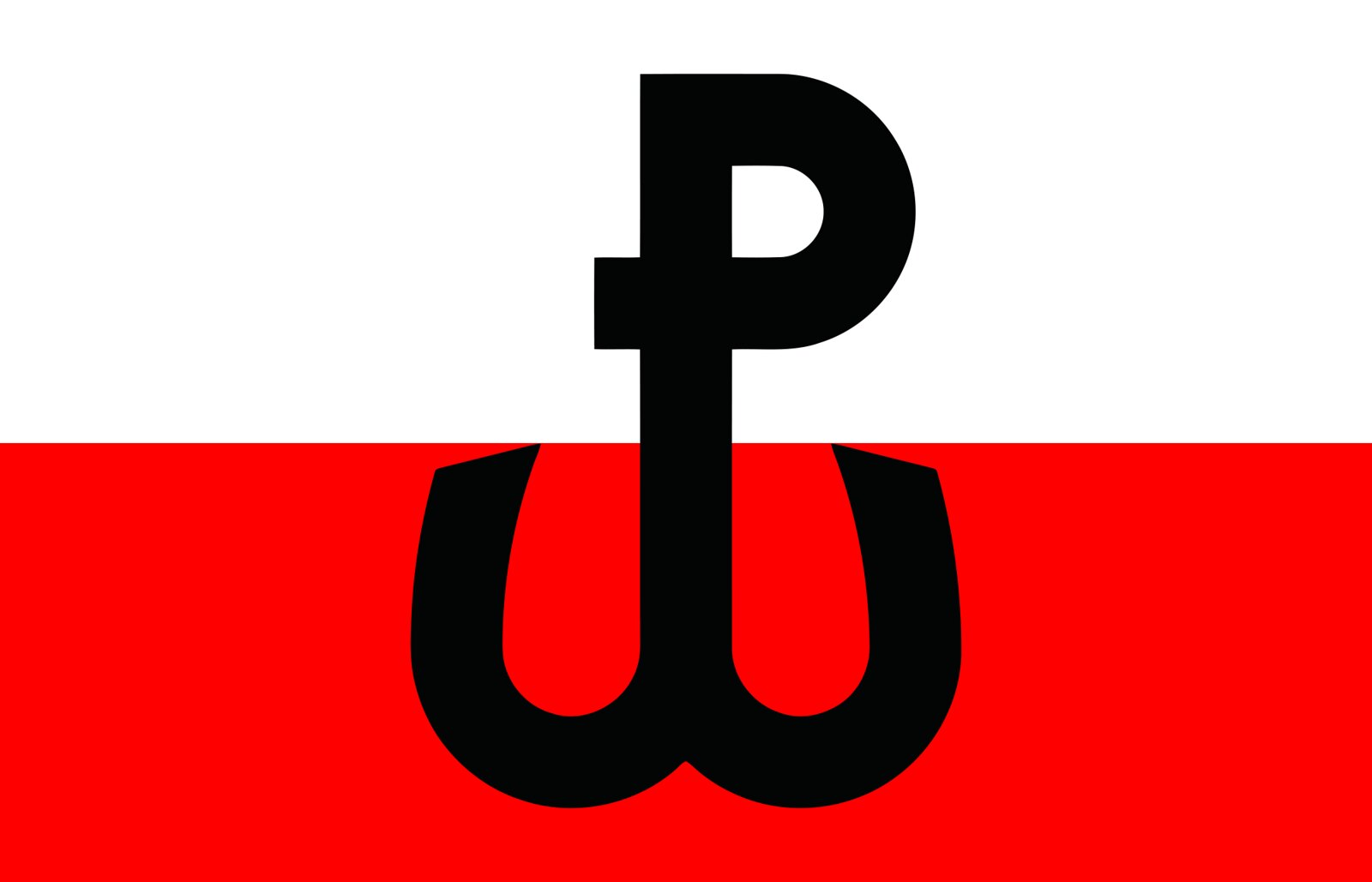
|
Don't miss the news and content that interest you. Receive the free daily newsletter in your email: Click here to subscribe |
- Most read
- The 'hole' without civil flights around Paris during the opening of the Olympic Games
- Spain vetoes the Russian frigate 'Shtandart', which intended to reach Vigo, in all its ports
- The interior of the Statue of Liberty torch and the sabotage that canceled its visits
- The ten oldest national flags in the world that are still in use today
- The BNG boasts of the support of a terrorist group and a dictatorship at a public event
- The Russian intelligence document that sparked a hoax about French troops
- A virtual tour of ancient Rome in full color, just as it was in its heyday
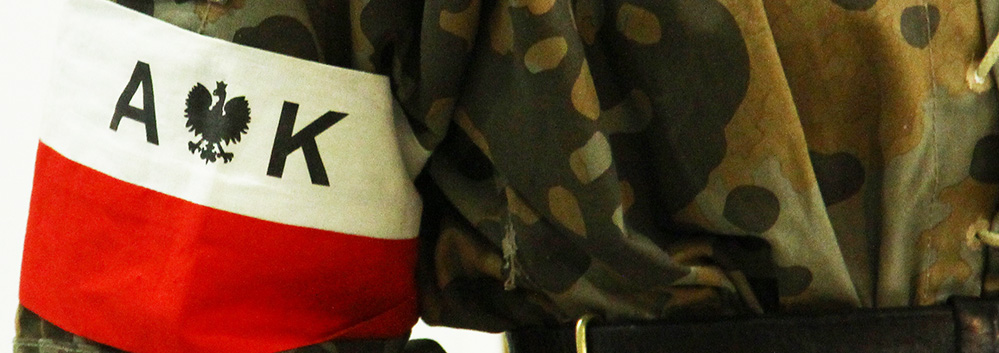
 ES
ES





Comentarios:
inti
respect for them !
15:58 | 26/03/17
marcin
hi
amazing text. french la resistance was a funny child plays, in opposite to the Armia Krajowa, the real true heroes of the 2 world war.
czesc i chwala bohaterom
3:06 | 25/07/19
Opina sobre esta entrada: